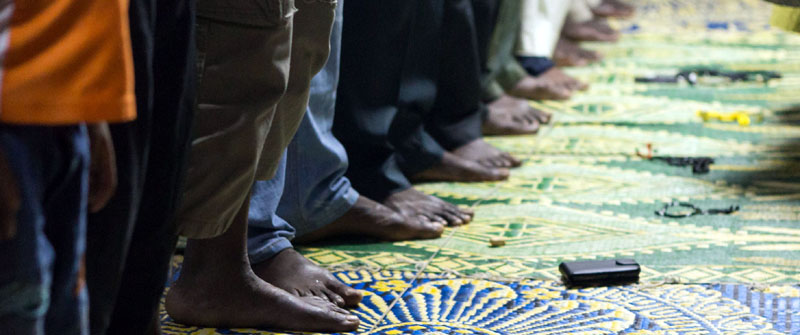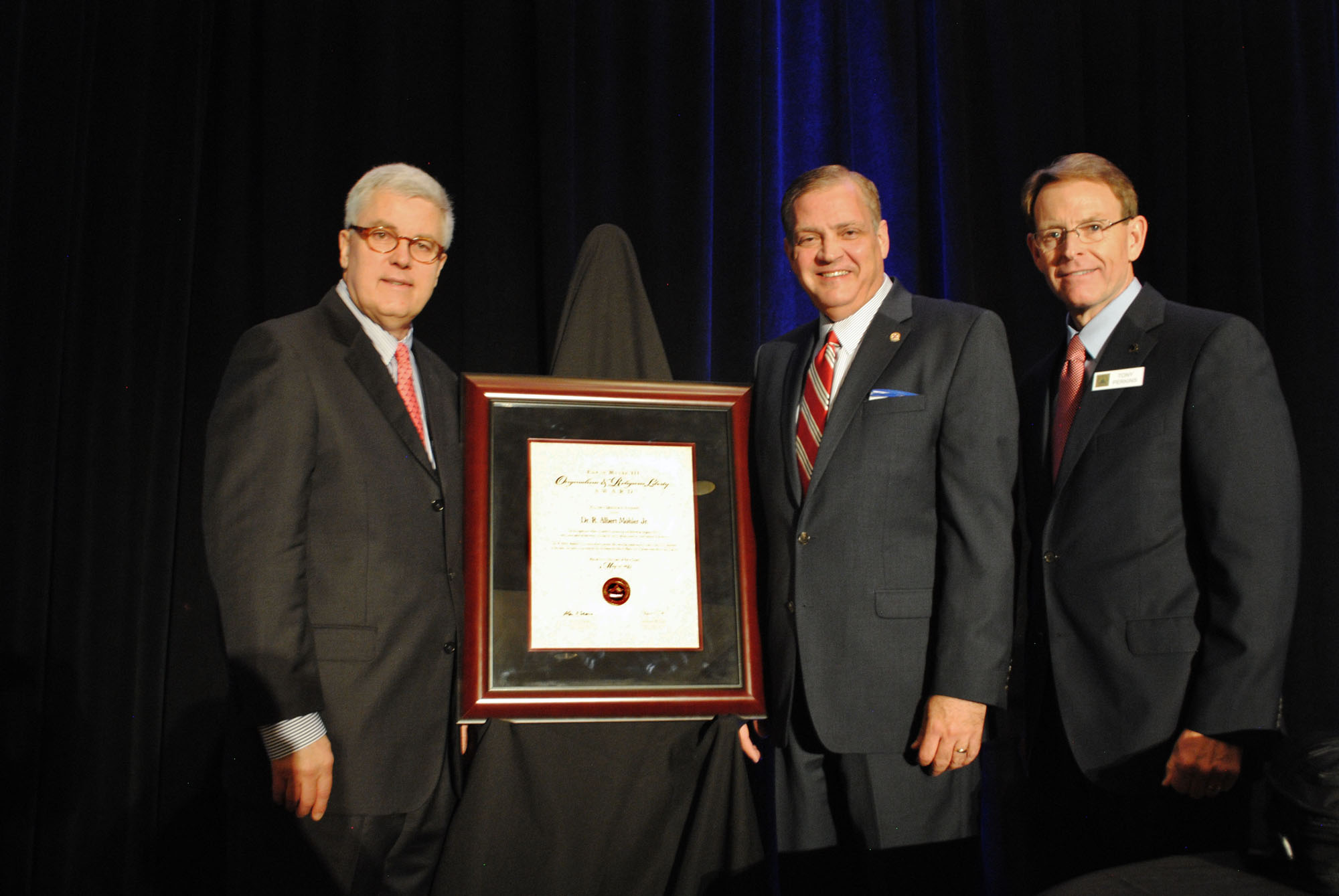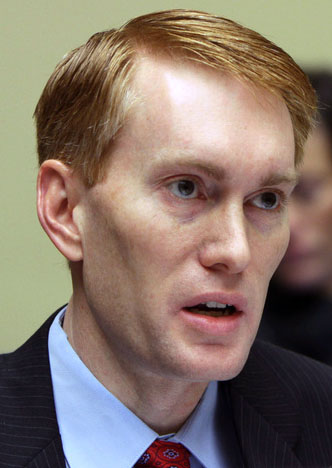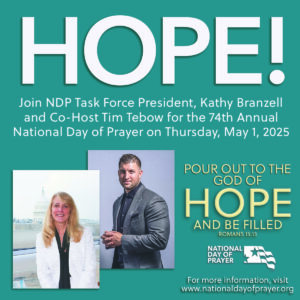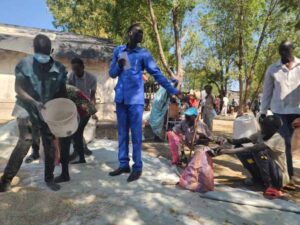
MOSCOW (BP) — A new Russian law that prohibits evangelism and preaching outside state-sanctioned sites reminds New Orleans Baptist Theological Seminary professor Jake Roudkovski of his days as a youth in the Soviet Union.
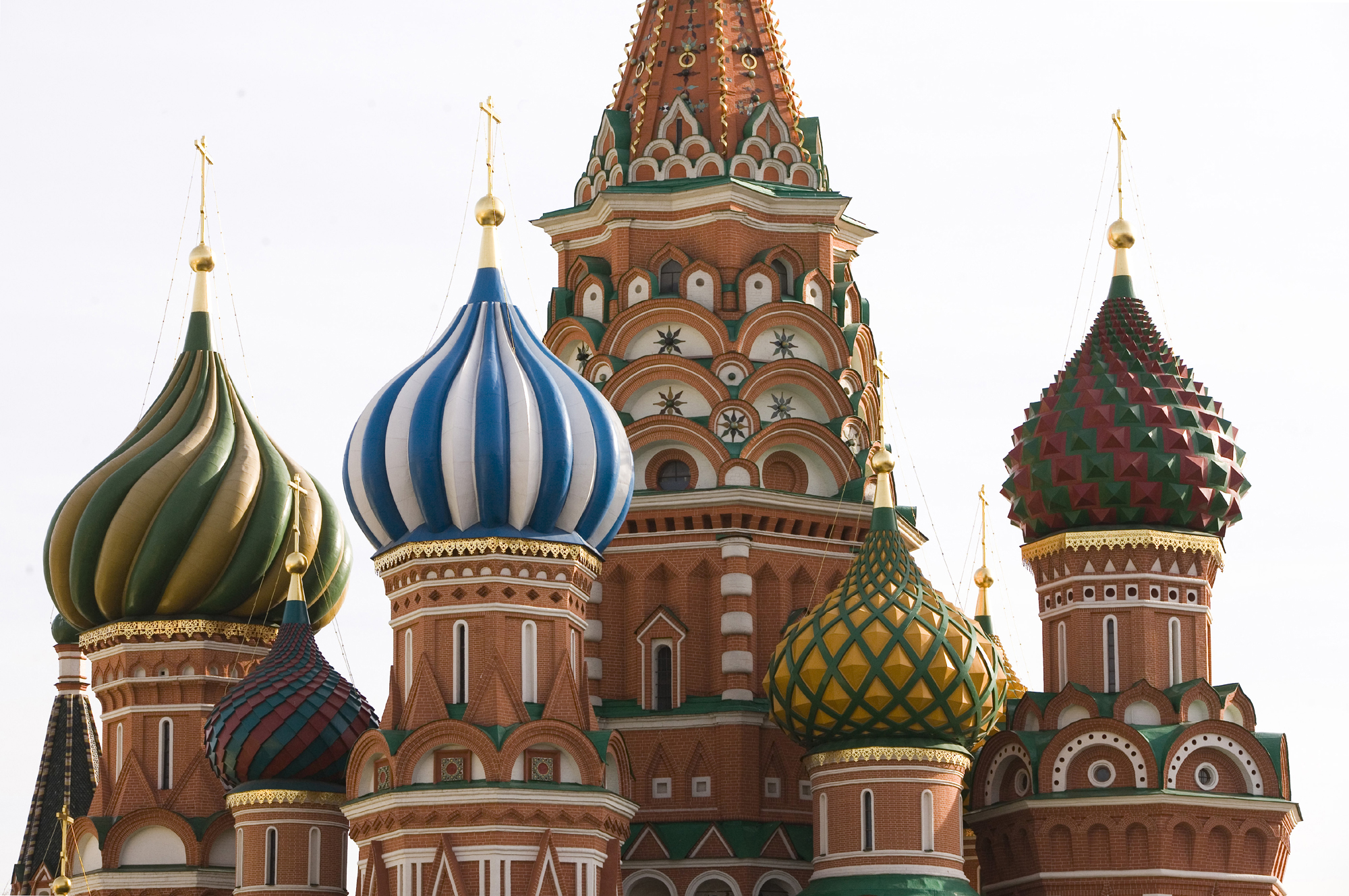 “Baptist churches in Russia will survive” the law signed by Russian President Vladimir Putin July 6 and set to take effect July 20, Roudkovski, associate professor of evangelism and pastoral leadership, told Baptist Press. Such oppression “is nothing new to them…. They will stay faithful to the Gospel.”
“Baptist churches in Russia will survive” the law signed by Russian President Vladimir Putin July 6 and set to take effect July 20, Roudkovski, associate professor of evangelism and pastoral leadership, told Baptist Press. Such oppression “is nothing new to them…. They will stay faithful to the Gospel.”
Still, the law “will significantly undercut all of the missionary activities,” though it “will not stop [missions and evangelism] altogether,” said Roudkovski, who left the Soviet Union at age 17 but has returned on mission trips.
The law, part of a package of anti-terrorism measures, will amend a 1997 Russian religion law to ban preaching, praying, proselytizing and disseminating religious materials outside state-sanctioned religious sites, according to a news release from the United States Commission on International Religious Freedom (USCIRF).
Russians who share their faith or distribute certain types of religious messages through mass print, broadcast or online media may face fines up to $15,000. Under the law, foreign missionaries must prove they were invited by state-registered religious groups and must operate only in regions where their sponsoring organizations are registered. Missionary groups found in violation face deportation and major fines, according to USCIRF.
Jerry Johnson, president of National Religious Broadcasters, said the new law “should be a matter of grave concern and prayerful action by Christians of all nations.”
“Following a pattern of other human rights abuses, Vladimir Putin’s Russia is criminalizing a central duty for all followers of Christ — sharing our faith. In keeping with the Apostle Peter’s declaration, ‘We must obey God rather than men’ (Acts 5:29), I commend the faithfulness of Russia’s evangelical Christians and urge believers across the world earnestly to seek God’s protection for all those who are being faithful in their witness. I also commend NRB members who are seeking to share the Good News in Russia,” Johnson said according to an NRB news release.
There has been resistance to the law, according to Forum 18, an organization that monitors religious liberty violations in the former Soviet Union.
Russia’s Baptist Council of Churches published an open letter of protest to Putin, reminding him the government refused to support earlier attempts to restrict the sharing of beliefs. Legislators responsible for the bill did not seek the views of competent experts or the opinions of believers, the letter stated according to Forum 18.
Igor Yanshin, a lawyer and member of a Pentecostal church in Siberia, created an online petition in an attempt to persuade Putin to turn back the bill. After 25,000 people signed the petition in three days, he sent it to Putin on June 29 via the Kremlin website. The petition remains active and reached 37,000 signatures by July 4, Forum 18 reported.
USCIRF chair Thomas J. Reese said the new law builds upon a history of religious oppression in Russia.
“These deeply flawed anti-terrorism measures will buttress the Russian government’s war against human rights and religious freedom,” Reese said. “They will make it easier for Russian authorities to repress religious communities, stifle peaceful dissent and detain and imprison people. Neither these measures nor the currently existing anti-extremism law meet international human rights and religious freedom standards.”
USCIRF listed Russia as a tier two nation in its 2016 Annual Report. In tier two countries, religious liberty violations supported or tolerated by the government are serious as well as “systematic, ongoing and egregious,” the USCIRF release stated.
The new measure is the most recent in a string of religion laws that followed the collapse of the Soviet Union.
Soviet premier Mikhail Gorbachev signed a religion law in 1990 in the waning years of the Soviet Union that opened up more religious freedom to those outside the Eastern Orthodox Church, Russia’s dominant Christian group. The Russian Orthodox Church pushed against the expansion of religious freedoms, and Russian President Boris Yeltsin signed a law in 1997 that rescinded many of the rights afforded seven years earlier.



